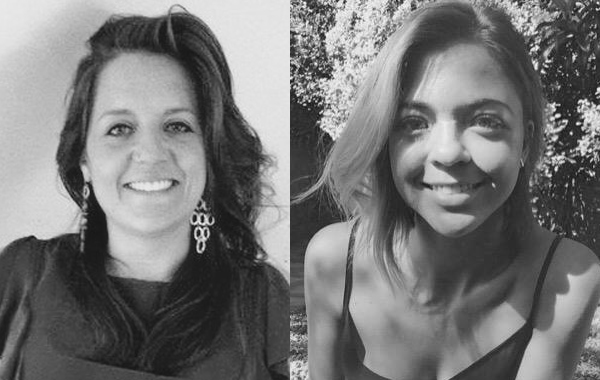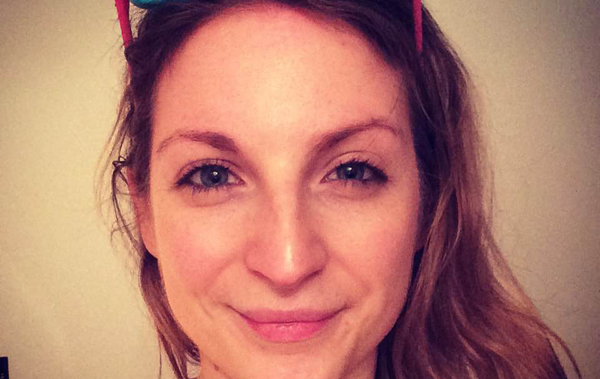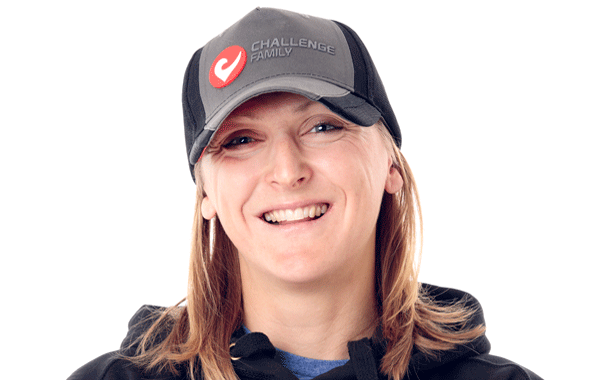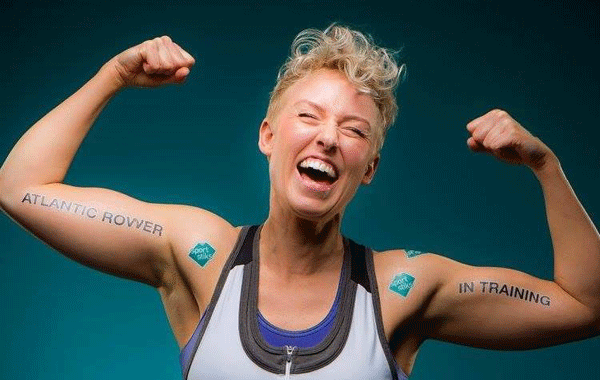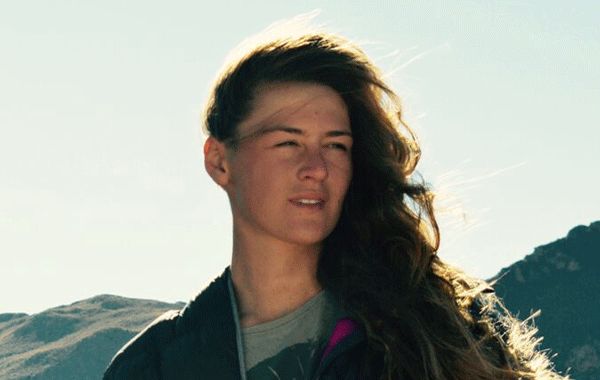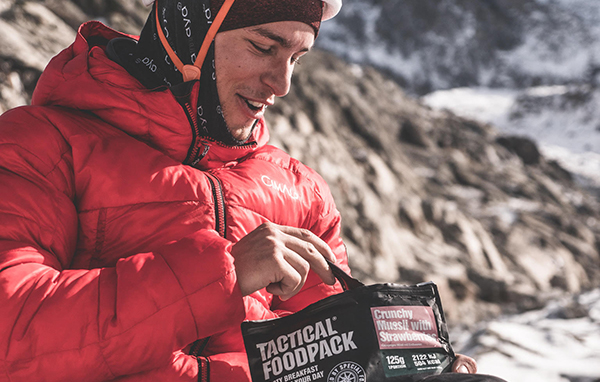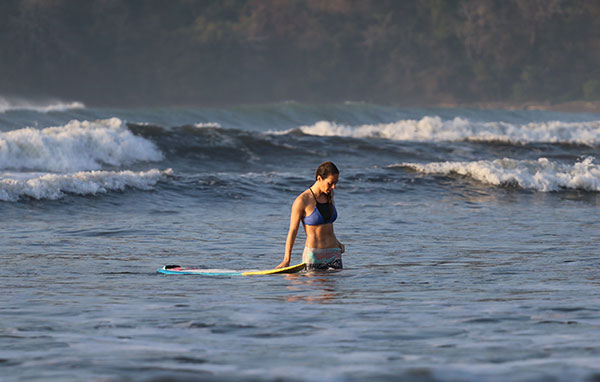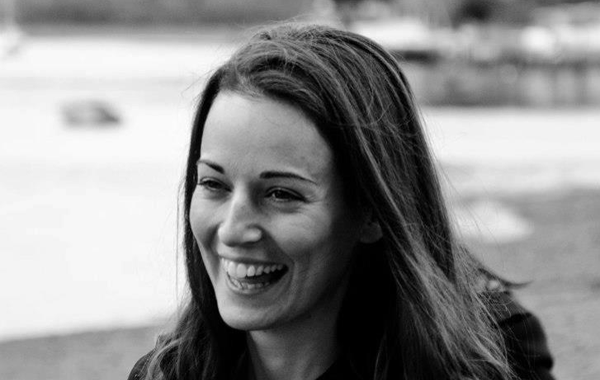
Laura Penhaul was the team lead for the Coxless Crew’s row of the Pacific.
LAURA PENHAUL’S day job is the lead physiotherapist for Paralympic athletics but for the past four years she trained for the challenge of her life; a row across the Pacific which involved six other ladies and which was completed in January this year.
We were lucky enough to get to spend some time with Laura who explained what it meant to be ‘team lead’ of the Coxless Crew and talked in detail about the difficulties and tests the group faced during their 257 days at sea.
Laura’s passion for the row and the charities which have benefited is equalled by her clear determination for life and everything she throws herself into. A clear leader it is no wonder she was chosen as captain of the Coxless Crew and it is to her credit that the group succeeded in completing the 8,446-mile row across the ocean.
You can find out more about the Coxless Crew and still donate to the cause at www.coxlesscrew.com.
How was it that you found yourself as the ‘team lead’ of the Coxless Crew and what did the role involve?
Back in 2012 I was approached by someone who was trying to put a team together to row the Indian Ocean at the time. Having been looking for something of an adventure that would take me outside of my comfort zone, ocean rowing seemed to tick that box. The person who’s original idea it was, didn’t want to lead the project and asked me if I would be interested in doing so. I knew it would be a challenge, leading on something that I hadn’t done before, but in my career, leading a team and being part of a team through challenges and on a focus of performance, was what I was used to.
I understand the importance of having expertise and skills of others around you and believe whole heartedly that the strength of the team is the strength of each member and how you share core values and a vision collectively. I learnt about sponsorship, boat building and equipment, safety, survival, fundraising, brand development etc, in essence the row was about building a business. Team selection was crucial because it would make or break the expedition and so having externals to help stress test us all and involving psychological parameters, was key to our success.
Fundamentally though, each team member was a leader in their own areas, my role was just to facilitate the team, our goals and finalise decision making when it was required, otherwise on and off the water, everyone supported each other.
How much has the row changed your life and how does it feel to have raised so much awareness and money for such worthy charities?
The challenges we faced in getting to the startline and those to the finish line, without a doubt taught me a huge amount about myself. I gained greater understanding of my thoughts and how to challenge those thoughts, understanding how I interact with others and what gets the best out of me and how I can get the best out of those I interact with. The row has enable us to meet people on a level that we would never had the opportunity to meet if it hadn’t been for the row. To have the chance to stand infront of school children and hear that you’ve inspired them, or our journey has inspired women to fight their cancer or overcome their own ‘Pacific’ challenges in their life, is truly truly humbling. We are a team that collectively believe that although we rowed the Pacific, we were inspired by the stories we received of those people who are living and fighting to overcome their own Pacifics.
It is amazing that we have been able to raise over £50,000 for our charities, but we know we can still raise more, in order to make a bigger impact on peoples’ lives, to help people to reach the shore of their Pacific and to help people create a new life journey after their life changing experiences.
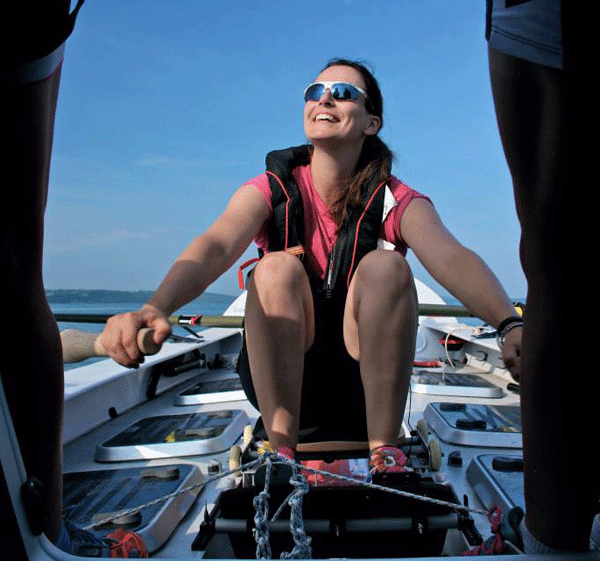
The Coxless Crew have raised over £50,000 for their chosen charities.
What was it like sharing such a small space with three other girls? What were some of the negatives and some of the positives?
We are a full team of 6 and 4 of us would be together at any one time. Sharing such a small space of 29ft with each other, there’s no hiding. The positives were that it highlighted to us all to break the barriers of vulnerability and once we did that, everything felt easy and free, open and honest with nothing left to hide. We respected each others space which came
in the way of head space rather than physical space and without a doubt, humour was our team bond. The difficulty comes when you are a team that are very diverse and therefore have differing opinions some times, I can count on one hand though how many arguments were had on Doris throughout the whole 9 months, but the reason being is that we were open about sharing our feelings and everyone had their say. If any argument did occur we were able to share our thoughts, then move on, our strength was that we would never hold a grudge and give it 24hours and we would be laughing about it!
Tell us about your work as lead physiotherapist for Paralympic athletics and what it’s like to be relied upon by people who are pushing their bodies to be the best in their chosen sports?
I love my work and the athletes I work with have been my driving force to make me question what my own abilities are. Because you are surrounded by others who are striving to be the best they can be, it makes you question if you are the best version of yourself. As a physio you care for the welfare of all the athletes and you don’t leave a stone left unturned to ensure they are getting the best support possible, but we are one small cog in a big wheel of support staff from doctors, soft tissue therapists, osteopaths, coaches, nutritionists, psychologists, sport scientists, management staff
etc. who are all working together for one common purpose, the best performance possible for that athlete.
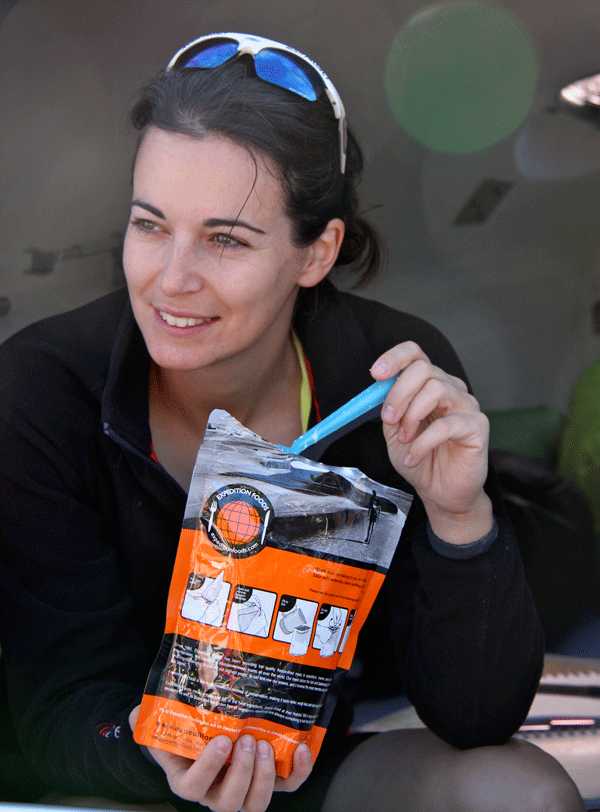
A home-cooked dinner was one of many comforts Laura and the girls had to go without while at sea.
Tell us more about some of your own sporting passions and what you’ve gone on to achieve in them?
I really enjoy running and cycling as sports which I have done since a young age. I’ve run a couple of marathons, cycled sportives such as London to Cornwall in 24 hours and particularly enjoy triathlons. My best achievement was coming first in my age group at Marlow Triathlon in 2011 but I think a highlight for me was learning to scuba dive as a buddy on the Back Up Trust teaching people with spinal injuries how to dive. I also enjoy skiing after doing a couple of ski seasons in Verbier and Val D’Isere and working with the British Disabled Ski Team for a couple of years into Vancouver 2010.
I love having a go at most sports, although horse riding, no matter how many times I try, really isn’t my thing!
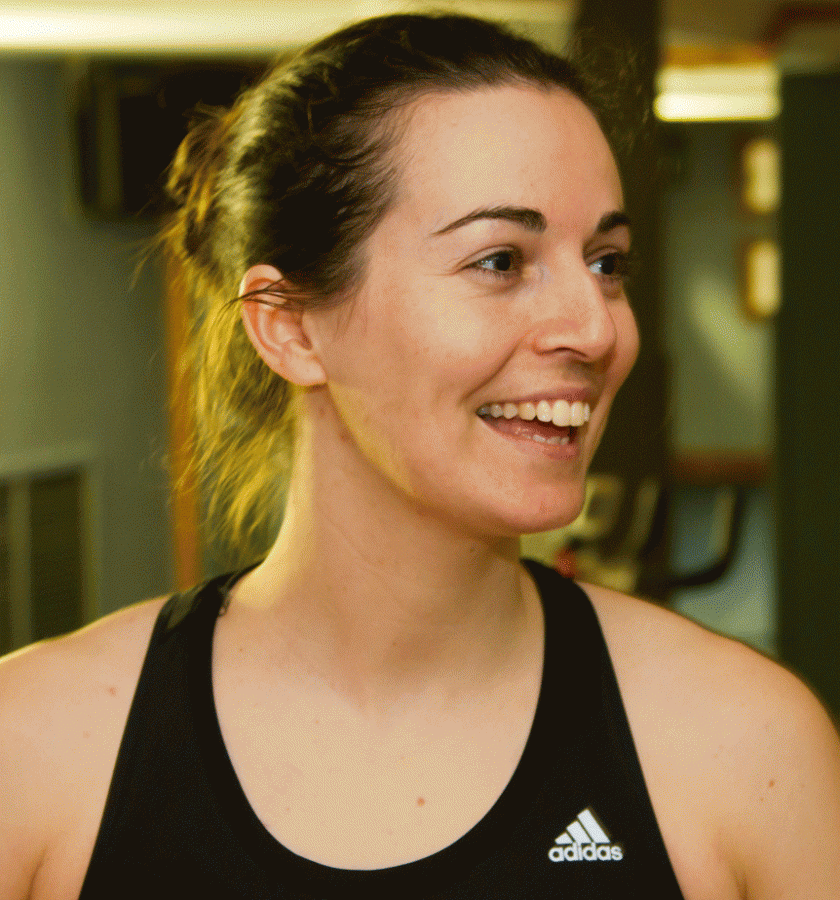
Laura has always been a sporty person and her achievements have included coming first in her age group at the Marlow Triathlon in 2011 and running two marathons.
What keeps you motivated and able to remain such a positive and happy person?
I am very fortunate to have such loving friends and family around me who share in a positive outlook on life and opportunities. The row has certainly highlighted to me how important they all are to me. I had a beautiful upbringing in Cornwall where an outdoor lifestyle and positivity is ingrained in us. I’m also in a career that I had wanted to do since the
age of 12. I stay motivated by having goals, the journey it takes to get to those goals is never an easy one, but the knock backs and hurdles you overcome make you appreciate the achievements that much more. My old school motto was ‘My Best Always’ and regardless of the opportunities that may arise, as long as I am striving to be the best person I can be, then I’m happy with that!
Are there any other exciting challenges or projects you’re looking to get involved in later in 2016 and beyond?
Right now it’s about rest and recovery post row, continuing to raise the money for our charities while we have the opportunities and for work it’s all about supporting the athletes through to the Paralympics in Rio 2016 then London World Championships in 2017. Beyond that, it’s to keep enjoying life, my family and friends and to regain some form of a social life after four years of preparing for the row!
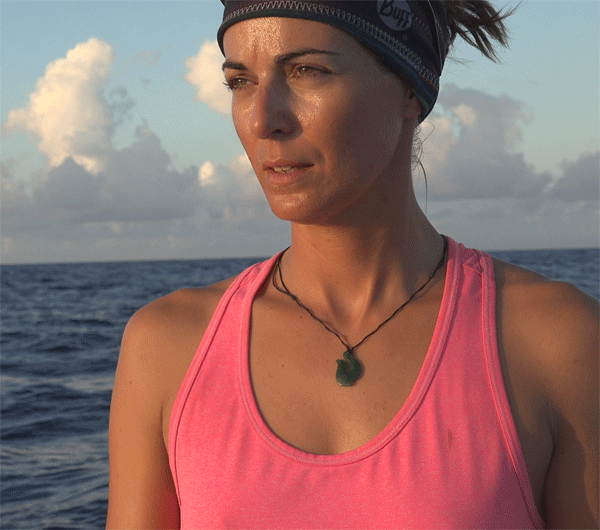
Laura is currently focussed on supporting the athletes through to the Paralympics in Rio as well as continuing to raise money for the Coxless Crew’s chosen charities.

